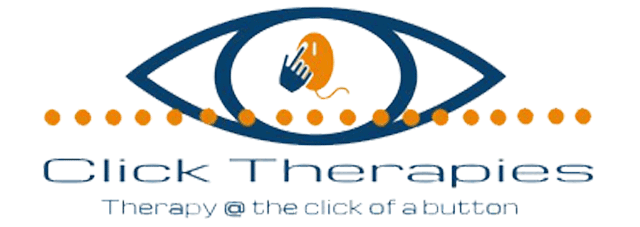Cognitive Behavioural Therapy (CBT), is perhaps the most researched of all therapies for anxiety. This kind of therapy mainly focuses on what an individual may think, how these thoughts are affecting the person emotionally, and how these thoughts can affect behaviour.
When someone has a vulnerability to anxiety, this can cause them to negatively evaluate situations and as a result, become anxious in their feelings. The role of a cognitive behavioural therapist is to let the person see the connection between negative thoughts, emotions, and behaviours. Through CBT, an individual will be able to take more control over their own negative emotions and change their unhelpful behaviours.
CBT has become a popular treatment for people with anxiety disorders and has been recommended by the National Institute of Health and Clinical Excellence or NICE as a first-line treatment for anxiety.
Those who are suffering from panic disorder, generalized anxiety disorder, and social anxiety disorder may benefit greatly from CBT. As the name suggests, CBT has two major components. The first major component of CBT is cognitive therapy which involves examining negative thoughts and how they contribute to anxiety.
The second major component is behaviour therapy, this examines an individual’s behaviour and how they react to what they consider anxiety-provoking situations. CBT functions with the fundamental belief that it is our thoughts and not external events that influence our feelings. It also means that it is not the situation per se that determines the emotion, but it is how we perceive the situation that contributes to our feelings of anxiety.
Undergoing Cognitive Behavioural Therapy
One advantage of CBT is that it can be used for treating people who have anxiety disorders of varying severity. In other words, CBT can be used not only for people who have a severe case of anxiety but it can also be effective for treating people who have just started to manifest some symptoms of mild anxiety.
CBT must be administered by a trained and usually accredited therapist and is often conducted in a clinical setting. However, with the advent of improving technology CBT is now being offered more and more via online means such as video CBT. At Click Therapies, we recognise the importance of this and use only UK based and British Association of Behavioural and Cognitive Psychotherapies (BABCP) accredited CBT Therapists for online video CBT sessions.
This kind of therapy focuses on the “here and now”. CBT does not aim to delve deeper into the root causes of anxiety, so it does not focus too much on the past.
Instead, during CBT sessions, an individual will be asked to identify the main problem together with the thoughts, feelings, behaviours, and the impact the problem is having in their lives. Once the problem has been identified, the CBT therapist will then assist the person to examine their own patterns of thinking and behaviour. The therapist provides the person with self-help materials that will help to make it easier for the person to produce some positive changes. In turn, this should enable them to better manage their anxiety.
Each CBT session will typically last for up to 60 minutes. Individuals undergoing CBT will be given out of session self-help work that must be carried out and completed between the sessions. This out of session work often includes regular monitoring of the person’s own thoughts and behaviour as well as moods and emotions. This is achieved by writing them down in a diary or journal.
Cognitive Behavioral Therapy is known to not only be effective, but it is also known to be the fastest way to achieve positive results. Research shows that CBT is more effective for depression and anxiety compared to other forms of treatment. CBT, when delivered online through video therapy, can be just as effective as CBT delivered in the traditional therapy room. It is also more flexible and convenient for most busy people.

